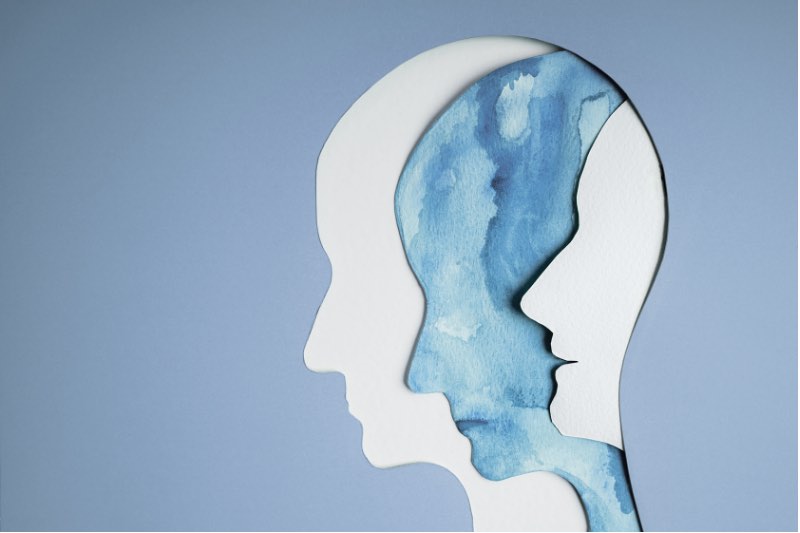
Do You Understand?
by Brian Woods
What is the difference between physical health and physical illness? It is a simple question – and I bet you know the answer! However, when the same question is posed with regard to mental health and mental illness it is perhaps more difficult.
In recent years there has been an upsurge in the discussion and promotion of mental health. As a society we have never been more aware of the importance of good mental health. One example is the growing interest in the practice of mindfulness. There is nothing wrong with this of course. Indeed, it is to be welcomed.
However, it seems to have blurred the distinction between mental health and mental illness. This can sometimes mean that people who are diagnosed (or not diagnosed) with severe mental ill-health are forgotten. They fall through the cracks in the system. They do not get the support that they need.
So let’s be clear then. As with our physical health, our mental health is always there. The NHS defines good mental health as, “a positive state of mind and body, feeling safe and able to cope with a sense of connection with people, communities and the wider environment.“
However, our emotional and psychological well-being can be affected by different circumstances. These include big life events, relationships with other people, our sleep, and our work life.
Severe mental illnesses such as schizophrenia, bipolar disorder, and depression are an entirely different matter. They are diagnosable and ongoing, affecting changes in thinking, behaviour or mood. This can acutely affect a person’s ability to function over an extended period of time.
Perhaps part of the problem lies in the language that we use. Mental illness is often referred to as a ‘mental health condition‘ or a ‘mental health issue.‘ Thus we try to remove the stigma that is sometimes still attached to the term ‘mental illness.‘ But could we have made these illnesses appear less serious than they are in the process?
The confusion between the terms mental health and mental illness can severely affect people who suffer from long-term mental ill-health.
Too often the police are expected to deal with someone who is experiencing a mental health crisis. The person involved may then find themselves in a cell in a police station. They then wait for hours before they can see a mental health professional. It is a fearful, demoralising, and thoroughly unjust process. Just imagine the uproar that would follow if this were someone who was suffering from a physical illness!
A lack of bed space on mental health wards is still a real problem. It is not unusual for a person to be admitted to a ward that is hundreds of miles away from where they live. They are thus isolated in an unfamiliar environment.
They are also far from family and friends – the same people who will themselves be struggling to cope with that person’s mental illness – often without adequate support.
I think it is time that we shone the spotlight away from mental health and on to severe mental illness, and to recognise that the terms mental health and mental illness are separate and not interchangeable.


This Post Has 3 Comments
So true. And very well put.
This is such a huge issue and so misunderstood!! Thank you for reading and for your comment.
Thank you for the good writeup. It in fact was a amusement account
it. Look advanced to more added agreeable from you!
However, how can we communicate?